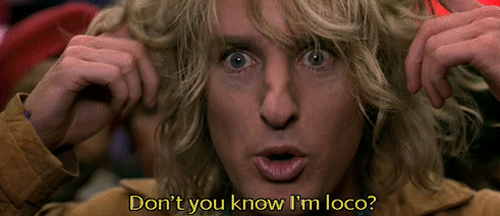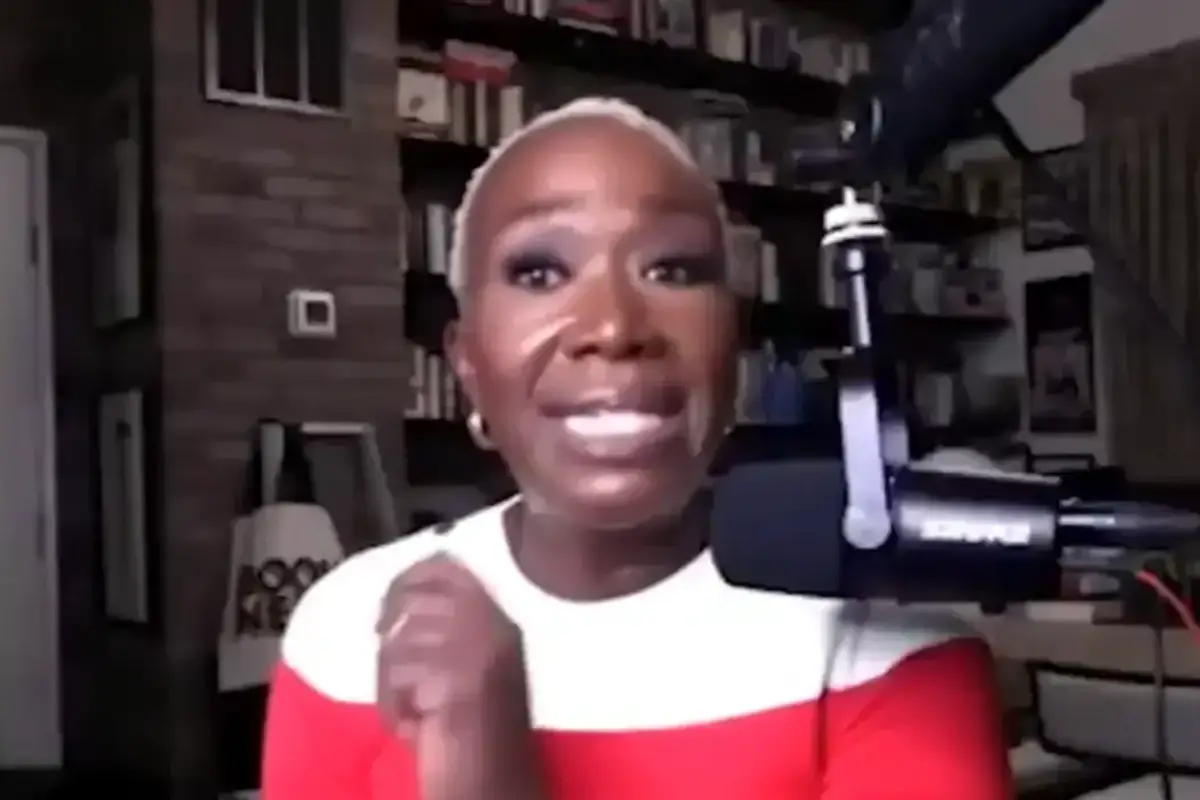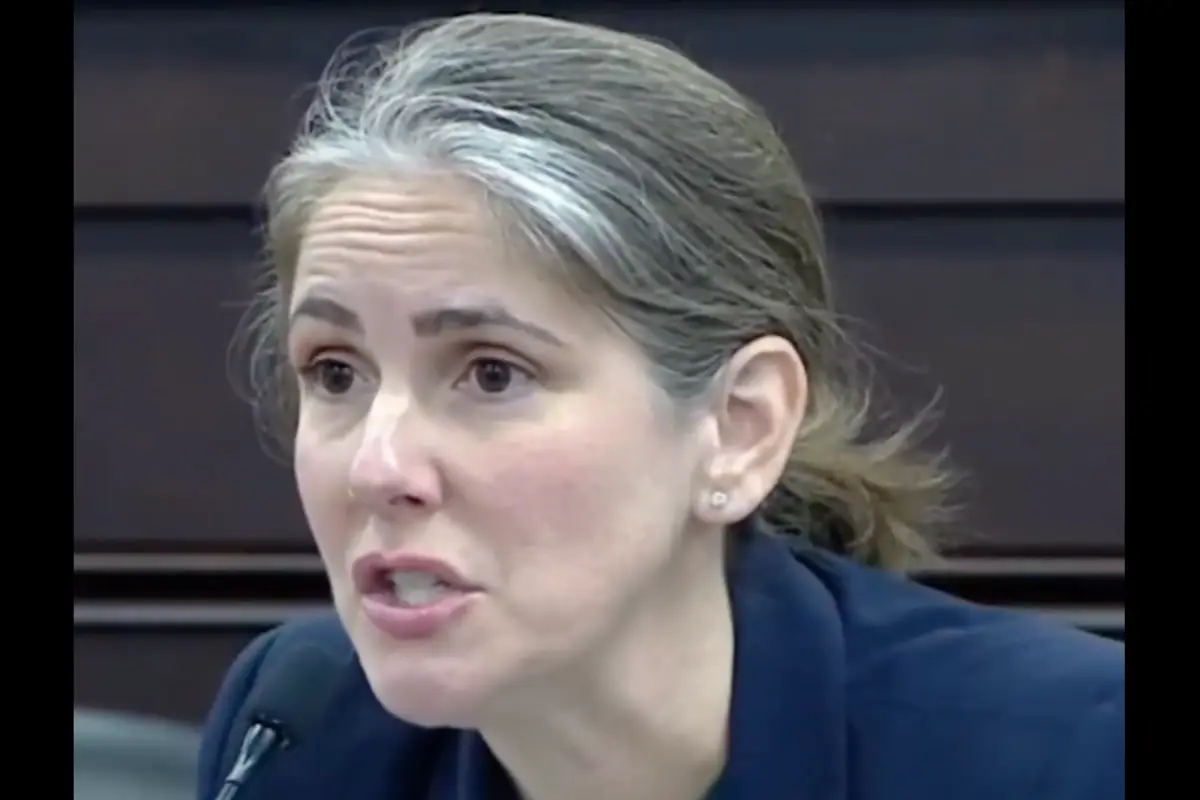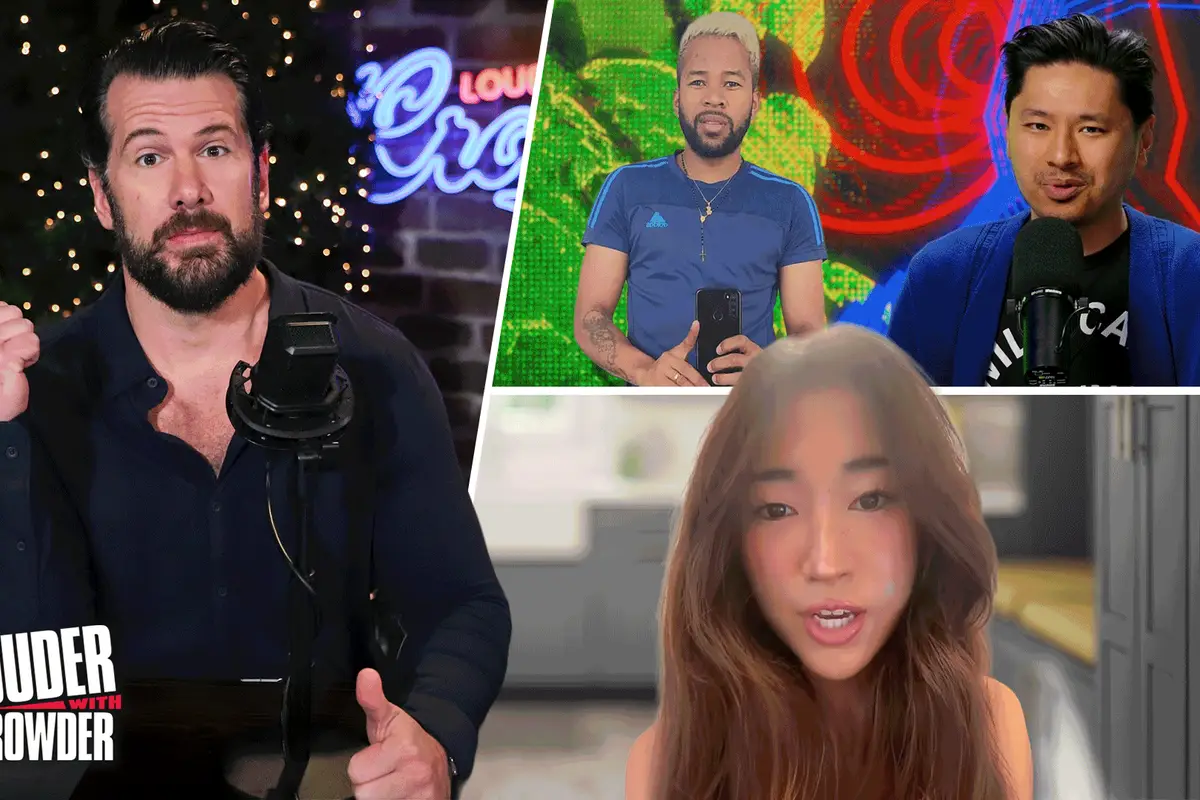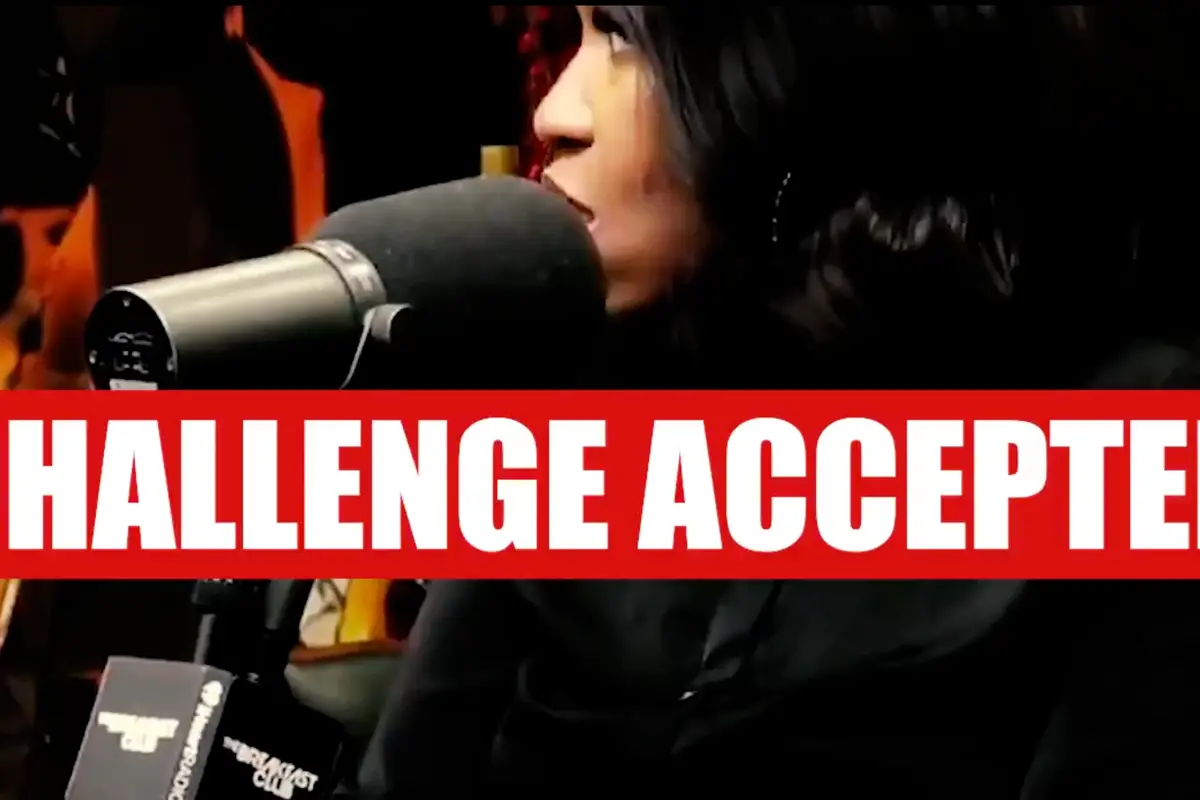Please verify
Each day we overwhelm your brains with the content you've come to love from the Louder with Crowder Dot Com website.
But Facebook is...you know, Facebook. Their algorithm hides our ranting and raving as best it can. The best way to stick it to Zuckerface?
Sign up for the LWC News Blast! Get your favorite right-wing commentary delivered directly to your inbox!
LA Times Shares OpEd on Mass Shootings and How to Combat Them. It's Actually Decent.
This isn't a perfect piece from the Los Angeles Times, but considering the pungent offerings in which Times has dabbled, their OpEd on mass shootings is pretty fair. No, you're not going to agree with every single point it makes, but you might find yourself agreeing more than you disagree. What I'm trying to say is, though it's not as fist-pumping delightful as Donald Trump riding a Velociraptor with lasers on the side of its head, it should have you at least nodding along and saying "hmm."
Please read the article in full. For commentary purposes, I'm sharing the first three main points, then offering my own opinions on the LA Times opinion piece. It's opinion-ception all up in this business.
First, the vast majority of mass shooters in our study experienced early childhood trauma and exposure to violence at a young age.
No, this doesn't include video games. The Times goes onto clarify this violence takes the form of abuse, bullying, or parental suicide. So a mass shooter isn't created later in life because of "society." I have to say, a common theme laced in Monday Morning Hot Takes is to blame some kind of -ism for shootings or human violence. But terrible men and women aren't new to the 21st century. Evil existed long before feminists complained about toxic masculinity. Evil existed long before Che Guevera tees. Let's pump the breaks on the blame games.
Second, practically every mass shooter we studied had reached an identifiable crisis point in the weeks or months leading up to the shooting.
We call this a breaking point. A snap. People who've experienced early childhood trauma, as seen in point one, may not have the best coping mechanisms for their stress. No, none of these explanations are excusing a mass shooter. The Times is explaining what makes one in order to understand how to stop one. Usually, there are signs a person has snapped. A person who's not equipped to handle a crisis isn't always muted about it, especially the mass shooting type. I don't know about you, but one thing I do not hear post-mass shooting is "Oh, that guy? Totally unexpected that he mowed down a bunch of people. Never saw this coming." What we usually learn is "Dude was always a little off."
But here's where you, me, and all of us who consume media can actually do something about mass shootings:
Third, most of the shooters had studied the actions of other shooters and sought validation for their motives. People in crisis have always existed. But in the age of 24-hour rolling news and social media, there are scripts to follow that promise notoriety in death. Societal fear and fascination with mass shootings partly drives the motivation to commit them. Hence, as we have seen in the last week, mass shootings tend to come in clusters. They are socially contagious. Perpetrators study other perpetrators and model their acts after previous shootings. Many are radicalized online in their search for validation from others that their will to murder is justified.
We didn't write about the shooting or the shooter over the weekend. The main reason for this is we were enjoying our weekend. But what happened in our writing absence was a bit of a happy accident: we didn't cover the shooting or obsess over the shooters' motives, identities, or social media habits. All we have so far, including the very post you're reading now, is Neil deGrasse Tyson Triggered Gun Control Zealots with This Tweet.
On occasion, some stupid person runs across the field of a sporting event wearing nothing but the skin he or she was born with. Networks televising the event never show the streaker, knowing to publicize one will spawn copycats. A similar principle should apply to a mass shooting. As tragic and as sad as a shooting is, there is some information which shouldn't, in Courtney's opinion, be released to the public. That includes the shooter's name, his photo, his manifesto. Not everyone will agree with me, and I can understand the need to "know thy enemy." But mass shooters crave validation, fame, and long to be remembered. Spreading their names and faces gives them exactly what they want.
Worse, potential copycats see the results and want it for themselves.
The fourth point provided by the Times makes clear that once an individual is committed to the act of a mass shooting, "only means and opportunity stands in the way." Shooters acquire guns from family, illegally, or purchase guns legally as they've never committed crimes before. So they sail through a background check. Read Mentally Disturbed Jacksonville Shooter Passed Background Check.
We're coming to understand some basics: there have always been evil people, people in crisis, people who've reached the end of their proverbial ropes. We're not going to change anything with hashtags, sappy celebrity iPhone messages, or giving these crap sandwiches 24-hour news cycles. But we can hopefully prevent some of these shootings by removing the media exposure reward and identifying the signs of a potential mass shooter. And no, liberal opinion rags, not all white men need to be banned from owning firearms. You're not helping.
Read the full LA Times piece here.
NOT SUBSCRIBED TO THE PODCAST? FIX THAT! IT’S COMPLETELY FREE ON BOTH ITUNES HERE AND SOUNDCLOUD HERE.


